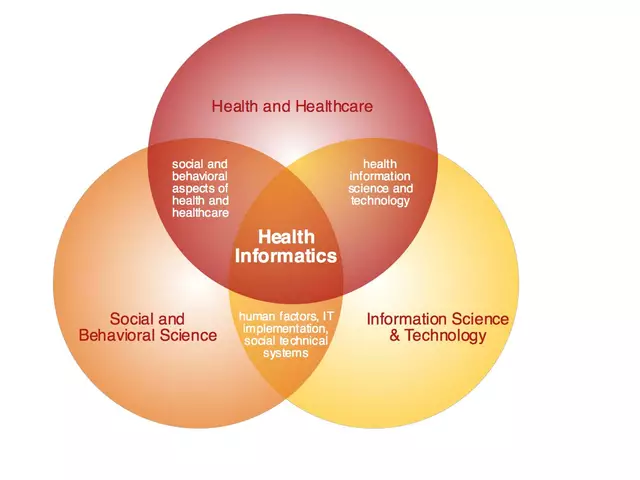Communication in healthcare: how to get and give clear COVID updates
Good communication changes outcomes. When doctors, nurses, patients, and families speak clearly, decisions get better and stress drops. That matters more during COVID times, when rules, treatments, and advice shift fast. This page gives practical tips you can use today — whether you’re calling a clinic, joining a telehealth visit, or sharing news with someone at home.
Talk with your provider: what to say and ask
Bring a short list. Put your top 3 concerns first — symptoms, medication questions, and next steps. Ask for plain language. If a term sounds confusing, say "Can you explain that in simple words?" Use the teach-back method: repeat what the provider told you in your own words to confirm you understood. If you get a prescription or a care plan, ask for the name, dose, how often, and any side effects to watch for.
Bring a support person if you can. Two sets of ears catch more. If you must go alone, record the conversation on your phone (with permission) or take notes. For follow-up, confirm how the clinic will contact you — phone, SMS, or email — and when to expect results.
Telehealth and phone visits: practical tips
Find a quiet spot and test your tech before the call. Charge your device and have your ID and a list of current medicines ready. Speak slowly and name one issue at a time. If the connection drops, know the clinic’s backup plan: will they call you back or reschedule? For video visits, show any rashes or injuries to the camera and point to the exact spot to help the provider see what you mean.
Be honest about barriers. If you don’t have stable internet, ask for a phone visit. If you need an interpreter, request one before the appointment. Clinics can often provide language support or guide you to community resources.
Communicating about COVID updates requires extra care. When sharing case numbers or new rules, mention the source and date: where did this come from and when was it published? That helps people trust the info and act on it. Avoid passing on rumors. If you see conflicting advice online, ask a health professional before changing your routine.
Addressing cultural differences matters. Use respectful language and ask about beliefs that affect care. A simple question like "Are there any home remedies you prefer?" opens a helpful conversation. Training in cultural competence helps providers avoid assumptions and improves trust.
Finally, teach others. Explain key points to family members in plain language. Show them how to reach medical help and how to recognize warning signs. Clear, calm communication prevents panic and helps people get the care they need when it matters most.
How do you feel about your medical health care?
Posted by Finnegan Beckett On 30 Jan, 2023 Comments (0)

I feel good about my medical health care. I receive regular checkups by my primary care physician and specialist doctors, so I'm aware of any health issues that may arise. I'm also able to get medications and treatments I need, and I'm comfortable communicating with my health care providers. I'm confident that my medical health care is helping me stay healthy and active.




